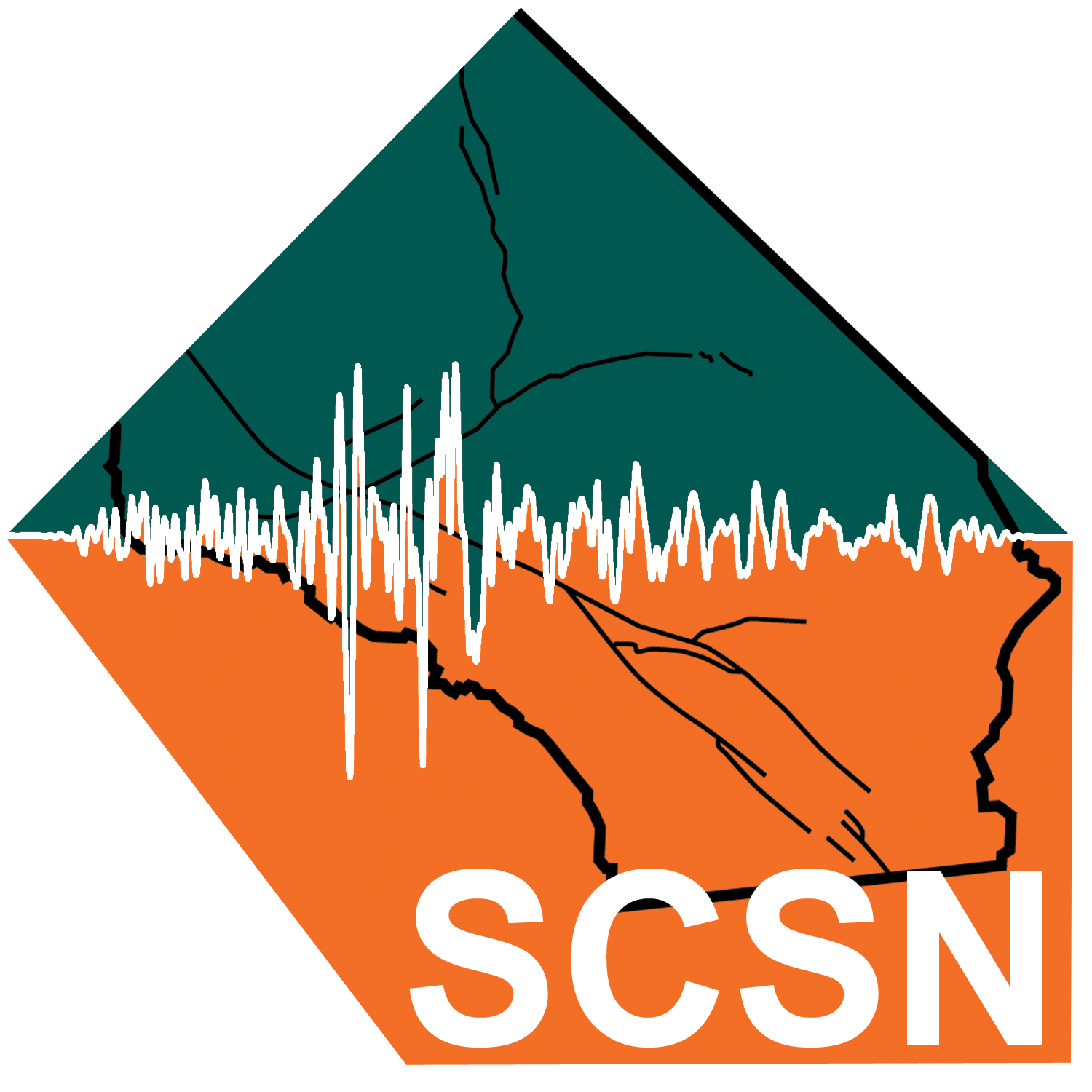Web STP
The webstp webservice gives access to waveform data for multiple networks, stations, channels, locations, time ranges and events as well as phase information for events. The output from the web service is a tar.gz file. Please see help for information on the contents of this tar.gz.
Requested time windows that don't fit this formula will return no data.
(timewindow * sr + 100) <= 400 * 1024 * 1024 / 4
timewindow is end-start in seconds, sr is sample rate of the channel.
See help for valid request windows
When accessing SCEDC data, please consider first using our AWS Open Dataset (https://scedc.caltech.edu/data/cloud.html). This is the fastest way to access data and is free of charge. If you do choose to use FDSN webservices please be limit your downloads to 3 concurrent sessions. Excessive downloads will result in your IP(s) being blacklisted.
To see a full list of service parameters and their usage, click

| Detailed Descriptions of submission data |
| Request types |
Waveforms can be requested for a SNCL and time window as well as events. Phase information can be requested for events. |
| Output formats |
Output formats supported are miniSEED, SAC, ASCII, INT32, FLT32, COSMOS-V0, COSMOS-V1.
Output will be returned as a .tar.gz file, named webstp_yyyy-mm-ddThh-mm-ss.tar.gz. It contains the following :
- citation.txt, contains the DOI for proper accreditation to SCEDC
- request_query_params.txt, the request parameters that were used for the query
- One or more files containing the output from STP in requested output format
|
| Continuous data |
May specify multiple request lines.
Each line in the selection list has the format:
<network-code> <station-code> <channel-code> <location-code> <start-time> <end-time>;
- End each request line with a semi-colon.
- Use '--' for empty location codes.
- Time Formats: YYYY/MM/DD,hh:mm:ss[.sss] or
YYYY/MM/DD,hh:mm:ss or
YYYY/MM/DD
For e.g. 1997-01-31T12:04:32.123.
- End-time can also be expressed as an increment of start-time. Possible increments are s(seconds), m(minutes), h(hours) and d(days).
For e.g. +1h or +2.5d.
- Wildcards (%) and letters (_) can be used for network, station, location and channel codes.
A few examples:
CI BAK BHE -- 2016/01/01,00:00:00 2016/01/01,01:00:00
CI PASC HHE 00 2016/02/02,22:00:00 2016/02/02,23:00:00
CI PASC HNE 00 2016/02/02,22:00:00 +1.5d
|
Using webstp programatically
Webstp uses HTTP GET to get data back from the server. This allows the user to build a URL with parameters and then use any programming language's HTTP library to acess the data.
The following parameters are available:
- format: Specify output format. Choose from miniseed, sac, int32, flt32, ascii, cosmos-v0, cosmos-v1
- swapbyteorder: Toggles byte order. Boolean. True indicates the byte order of the STP server's processor, False indicates the opposite byte order
- gaincorrection: Apply station gain to the seismograms. Boolean. True indicates station gain correction is applied.
- truestarttime: Toggles the use of true start time in file headers. The actual start time of the data may differ from user requested start time because of STP's algorithm for parsing waveform data files. Boolean. True indicates the seismograms have actual start time, False indicates they have user requested start time.
- zerofilloff: Toggles the use of padding by STP to fill in gaps in the seismograms. True indicates gaps will be filled with zeros, False indicates no fill.
- sortoff: Toggles the use of sorting of data blocks based on time of arrival. By default, sorting is on i.e. data blocks are sorted by STP server before being served out.
- requesttype: The type of STP request. Choose from continuous, triggered and phase.
- selection: A list of continuous request windows, one per line. See format and example above.
- eventselection: A list of events, one per line.
Mentioned below are some examples using curl and wget.
curl
curl 'https://service.scedc.caltech.edu/webstp/query?output=ascii&requesttype=phase&eventselection=11328922&Submit=Submit' -o out.tar.gz
wget
wget "https://service.scedc.caltech.edu/webstp/query?output=ascii&requesttype=phase&eventselection=11328922&Submit=Submit" -O out.tar.gz |
Valid request time windows
Requested time windows that don't fit this formula will return no data.
(timewindow * sr + 100) <= 400 * 1024 * 1024 / 4
where timewindow is end-start in seconds, sr is sample rate of the channel.
| Sample rate | Window(days) |
| 100 | 30 |
| 40 | 60 |
| 1 | 1230 |
|
Please use the citation to cite the data downloaded from SCEDC:
SCEDC (2013): Southern California Earthquake Data Center.
Caltech. Dataset.doi:10.7909/C3WD3xH1
To cite use of waveform data from stations maintained by other networks:
If you use a SCEDC waveform dataset that contains data with network codes other than 'CI', please cite the network and its DOI. Use the FDSN network list to find the network code and its corresponding DOI.
Version: SCEDC WebSTP Service:1.0.1







